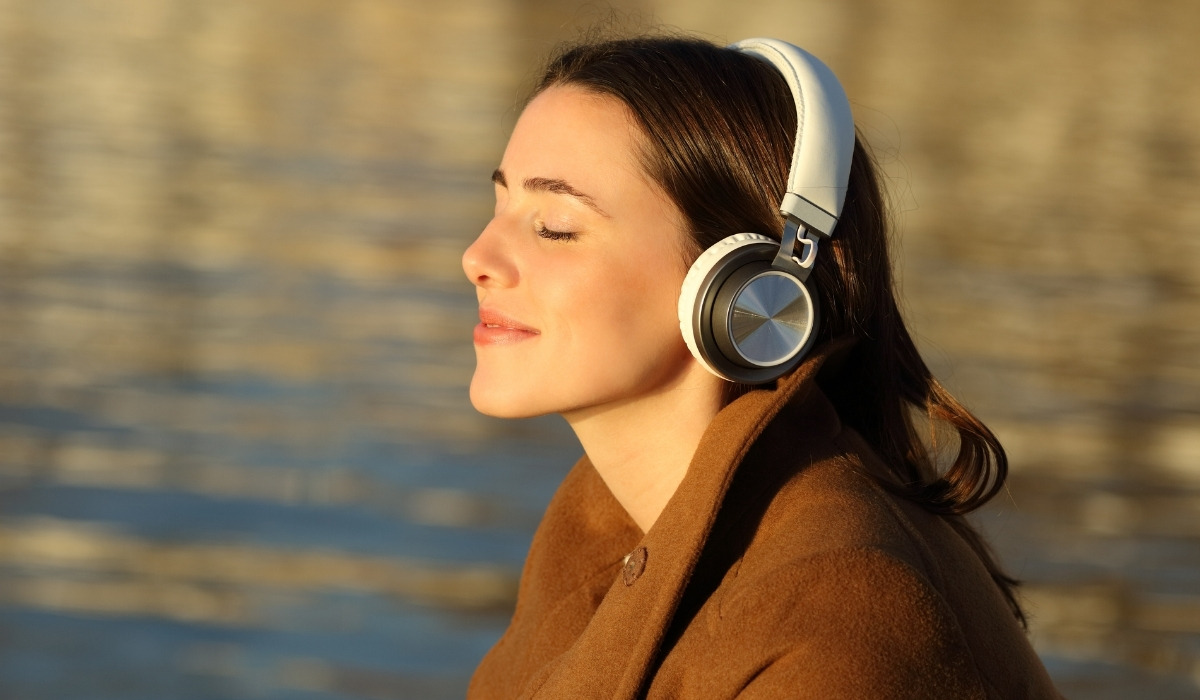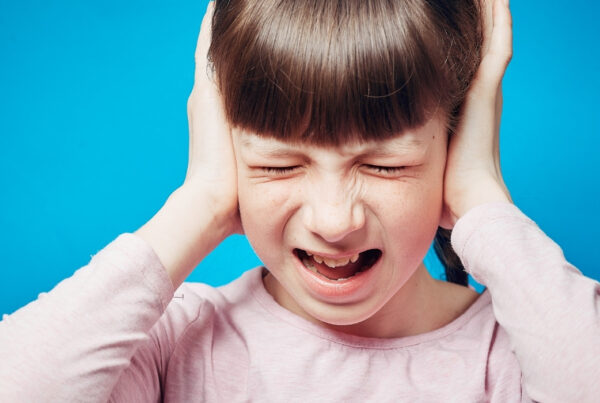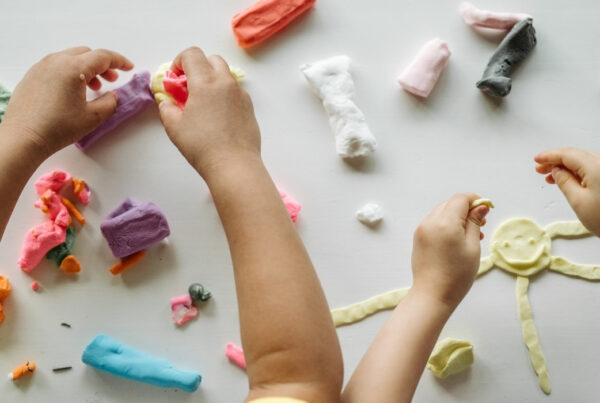Key Points:
- Sensory items for autism adults can significantly improve comfort, focus, and emotional regulation in everyday life.
- The right products depend on specific sensory preferences — calming, stimulating, or tactile.
- Parents and caregivers play a key role in choosing safe, effective, and appropriate sensory tools.
Finding the right sensory tools for an autistic adult can feel overwhelming at first, but it doesn’t have to be. Many parents wonder which sensory items are truly helpful and how to choose wisely. Here’s a clear guide to sensory items for autism adults and how they can make a meaningful difference.
Are Sensory Items Helpful for Adults with Autism?
Yes, sensory items for autism adults are incredibly helpful when chosen thoughtfully. Adults on the autism spectrum often experience sensory sensitivities — feeling overwhelmed by sounds, textures, lights, or touch — or they may seek extra sensory input to feel grounded.
While much attention is given to children, adults also benefit greatly from sensory tools that help them stay calm, focused, and comfortable in daily situations. Whether at home, work, or in social settings, the right sensory products can improve their quality of life significantly.
Understanding Sensory Needs in Adults
Adults with autism have unique sensory profiles. Some may avoid certain sensations, while others crave them. Sensory processing differences might include:
- Hypersensitivity: Overreaction to light, sound, or texture.
- Hyposensitivity: Under-responsiveness, leading to seeking strong sensory input.
- Mixed responses depending on environment and stress levels.
Understanding whether the adult prefers calming, alerting, or tactile sensations helps narrow down the most appropriate products. Parents and caregivers should observe behaviors and, if possible, ask the adult what feels soothing or overwhelming.
Types of Sensory Items for Autism Adults
There’s no one-size-fits-all when it comes to sensory items. Below are some categories of products and suggestions to consider:
Calming Tools
For adults who feel overstimulated or anxious, calming sensory items can help them feel more in control:
- Weighted blankets or lap pads: Provide deep pressure, which is calming for many.
- Noise-canceling headphones: Reduce overwhelming sounds in noisy environments.
- Soft lighting or sensory lamps: Gentle visual input to replace harsh lights.
- Essential oil diffusers: Pleasant scents that promote relaxation, if tolerated.
Tactile and Fidget Items
Some adults benefit from tactile stimulation or something to keep their hands busy. These can improve focus and reduce anxiety:
- Fidget spinners, cubes, or tangles: Small tools that occupy the hands.
- Textured stress balls: Offer both resistance and tactile feedback.
- Sensory brushes or textured fabrics: Provide soothing or stimulating touch sensations.
Movement and Body Awareness Tools
For adults who seek strong physical input, these products can help them feel more balanced:
- Rocking chairs or balance balls: Satisfy the need for movement in a controlled way.
- Resistance bands or stretch bands: Provide proprioceptive feedback through exercise.
- Mini trampolines or weighted vests: Offer physical activity and deep pressure input.
Visual and Auditory Stimulation
Some adults enjoy sensory items that engage their sight and hearing without overwhelming them:
- Bubble tubes or lava lamps: Soothing to watch and great for relaxation.
- Calming music or nature sound machines: Help drown out harsh noises and create a peaceful atmosphere.
Tips for Choosing the Right Adult Sensory Products
Selecting the right sensory items for autism adults takes patience and understanding. Here are a few tips to guide the process:
 Benefits of Sensory Items Beyond Comfort
Benefits of Sensory Items Beyond Comfort
Sensory products do more than just soothe or stimulate. They can help adults:
- Focus better at work or during tasks.
- Manage anxiety or stress in public or social settings.
- Sleep better by reducing nighttime sensory overload.
- Build independence by having tools to self-regulate.
Parents who support their adult children in finding and using sensory items often report improved communication, confidence, and daily functioning.
How Parents Can Support Their Adult Children
Parents play a vital role in making sure their adult child has access to and feels comfortable using sensory tools. Some ways to help include:
- Educating others (like coworkers or roommates) about sensory needs.
- Setting up a sensory-friendly corner at home.
- Encouraging self-advocacy — helping the adult explain their needs to others.
- Being patient as they explore and experiment with different products.
While sensory items are incredibly useful, sometimes more structured support is necessary. If the adult struggles with managing their behaviors, maintaining routines, or participating in daily activities, even with sensory tools, professional help like Applied Behavior Analysis (ABA) therapy can provide tailored guidance.
Get Professional Support with ABA Therapy in Maryland
If your adult child could benefit from more than just sensory tools — like help with communication, social skills, or independent living — Crown ABA offers expert ABA therapy in Maryland.
ABA therapy can help adults build skills, reduce problem behaviors, and improve their quality of life in a compassionate, structured way. Crown ABA’s experienced team understands how sensory needs intersect with behavior and creates customized plans to support each individual’s goals.
Whether your adult child is just starting to explore sensory tools or needs additional strategies to thrive, professional guidance can make a world of difference. Contact us today to learn more about ABA therapy in Maryland and how it can complement your efforts at home.





